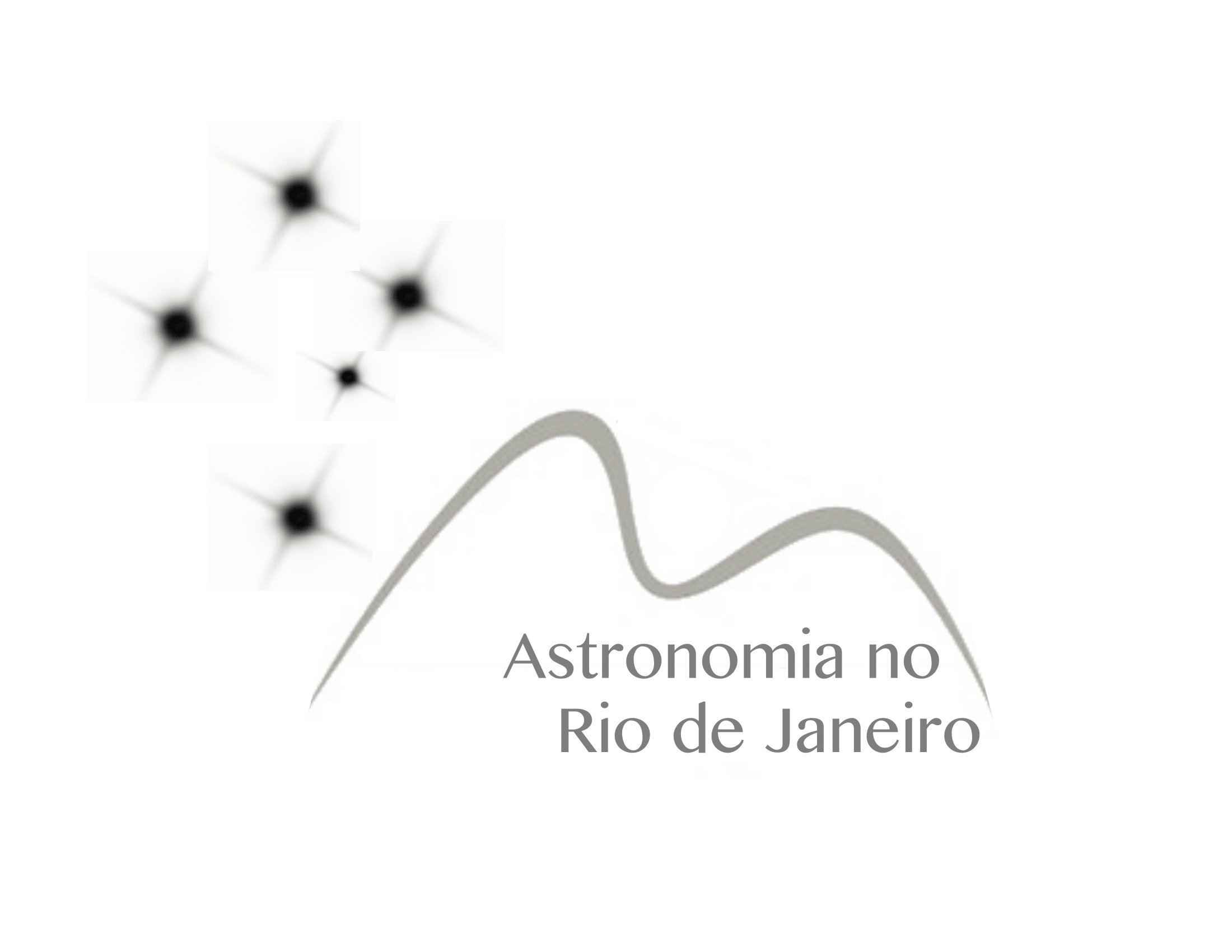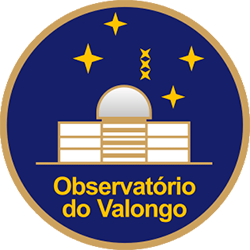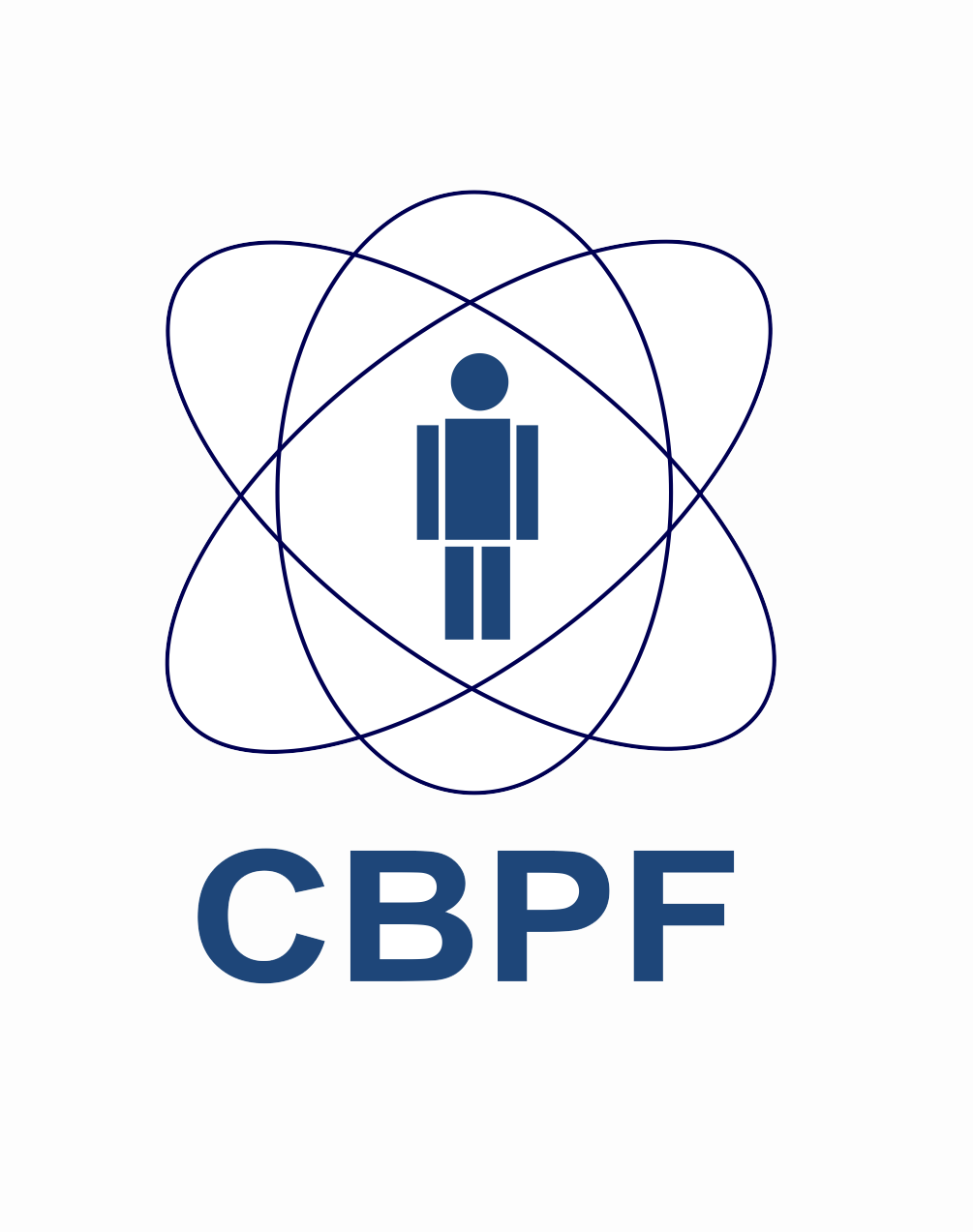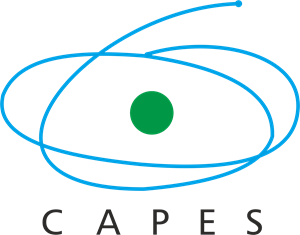Astronomy in Brazil
Astronomy Research in Brazil — FAQs

The intention of this page is to provide you with a brief description and a few useful links relevant to Brazilian Astronomy. Note that this is by no means a comprehensive list of the who, the where and the what… it is merely a compilation of information and links I have found myself passing on to friends and colleagues who have asked me about astro job opportunities in Brazil. I hope you find it useful!
The SAB organizes annual meetings, usually around August/September. Stay tuned and sign up for the next one!
Brazilian astronomical research happens in close to 40 different institutes. A list of institutes and their geographical location can be found here. Note that the links provided are to the universities and not the Astronomy Departments.

Observatório do Valongo, UFRJ (Valongo Observatory
Astronomy Department associated to the UFRJ
(UFRJ= Federal University of Rio de Janeiro)



There are federal and state agencies. Each state has its own funding agency or FAP (“Fundação de Amparo à Pesquisa”). For example, in Rio de Janeiro the FAP is Fundação de Amparo à Pesquisa do Estado do Rio de Janeiro (FAPERJ), while in São Paulo it is FAPESP.
Go to the Lattes National Database of CVs, type in the researcher’s name and click on "Buscar". This also works for students active on research; just make sure to click on the “Demais pesquisadores” box before clicking “Buscar”.
Karín’s Google calendar of grant deadlines: this is an effort to put together a calendar indicating all deadlines relating to federal/state (Rio de Janeiro) travel grants, postdocs calls, etc. Enjoy!
On a bi-weekly basis SAB members receive a bulletin where workshops, conferences, schools, master/PhD openings and permanent job openings are announced. Unfortunately recent bulletins are not public, but you can check Karín’s Google calendar of grant deadlines, where tenure-track positions are also included on a best-effort basis!
Federal and State funding agencies have several options for visiting researchers from short-term (up to 30 days) to long-term (~6 months to a few years) visits for foreign researchers to visit universities and research institutes in Brazil. Some examples are the CNPq “Visiting Researcher fellowship” and “Visting Researcher grant” and the FAPERJ “Visiting Researcher” modalities (BAPV, PV, EPV). There are also select opportunities for graduate students to undertake part of their graduate research in Brazilian institutes (e.g., FAPERJ’s “Doutorado Sanduíche Reverso”). Other opportunities arise from time to time. Get in touch with your local collaborator to explore the local opportunities!
There are federal and state opportunities:
- CNPq (one of the federal funding agencies) provides postdoc opportunities in 2 flavors: senior and junior postdocs:
Duration: 6-12 months, with possibility of a 1-year extension in select cases;
Salary: R$4100/month- senior: for researcher that finished her/his PhD more than 7 years ago
Duration: 6-12 months, with possibility of a 1-year extension
Salary: R$ 4400/month --> note: postdocs pay NO taxes in Brazil!
*Notes:
- As far as I can see, all CNPq postdoc grants include an automatic 4-month extension in case of birth during postdoc year.
- Postdocs pay NO taxes in Brazil!
- FAPs also have their own postdoc opportunities. In Rio, the FAPERJ (state funding agency) provides postdoc opportunities in 3 flavors: senior postdoc, junior postdoc and junior “prized” postdoc:
Duration: 1 year, with possibility of 1 + 1 extensions
Salary: R$4100/month (for FAPERJ/PDR) or R$5200/month (for FAPERJ/PD10)
Duration: 1 year, with possibility of 1 + 1 extensions
Salary: R$ 4700/month --> note: postdocs pay NO taxes in Brazil!
In the 1-5m class of optical/near-IR telescopes, there are national (e.g., 1.6m Observatório Pico dos Dias, OPD) and international facilities (e.g., 4.1m SOAR ); in the 8-m class, Brazil has guaranteed time on Gemini-North and Gemini-South (hyperlink on “Gemini” ) telescopes and has access to all ESO facilities via international TAC review. In the mm/submm/radio regime, Brazil has national facilities (e.g., Itapetinga Radio Telescope hyperlink) and access to ALMA (hyperlink). In the near future, the Large LAtinamerican Millimeter Array (LLAMA), a Brazil/Argentina facility will provide Brazilians priviledged access to the submm/mm/radio sky. Brazil is also closely involved with the Cerenkov Telescope Array (CTA), has experimental astrophysics research being undertaken at the Brazilian Light Synchrotron Laboratory (LNLS) and national facilities for supercomputing (e.g., SDUmont).




